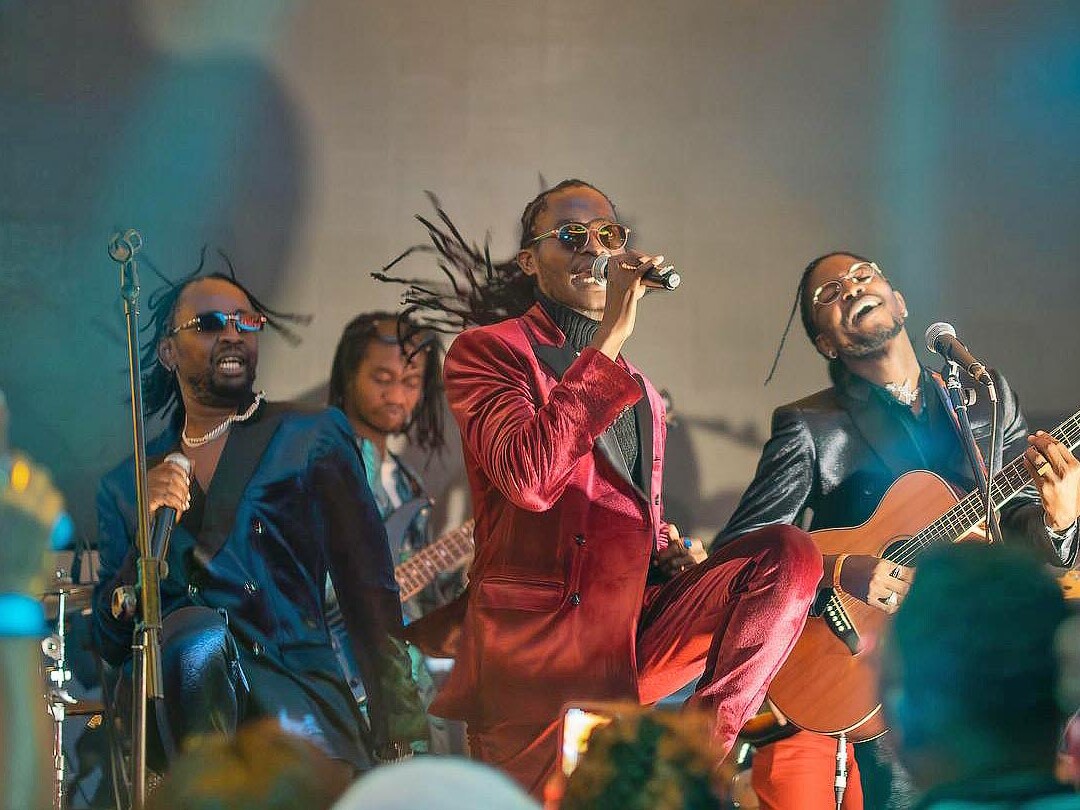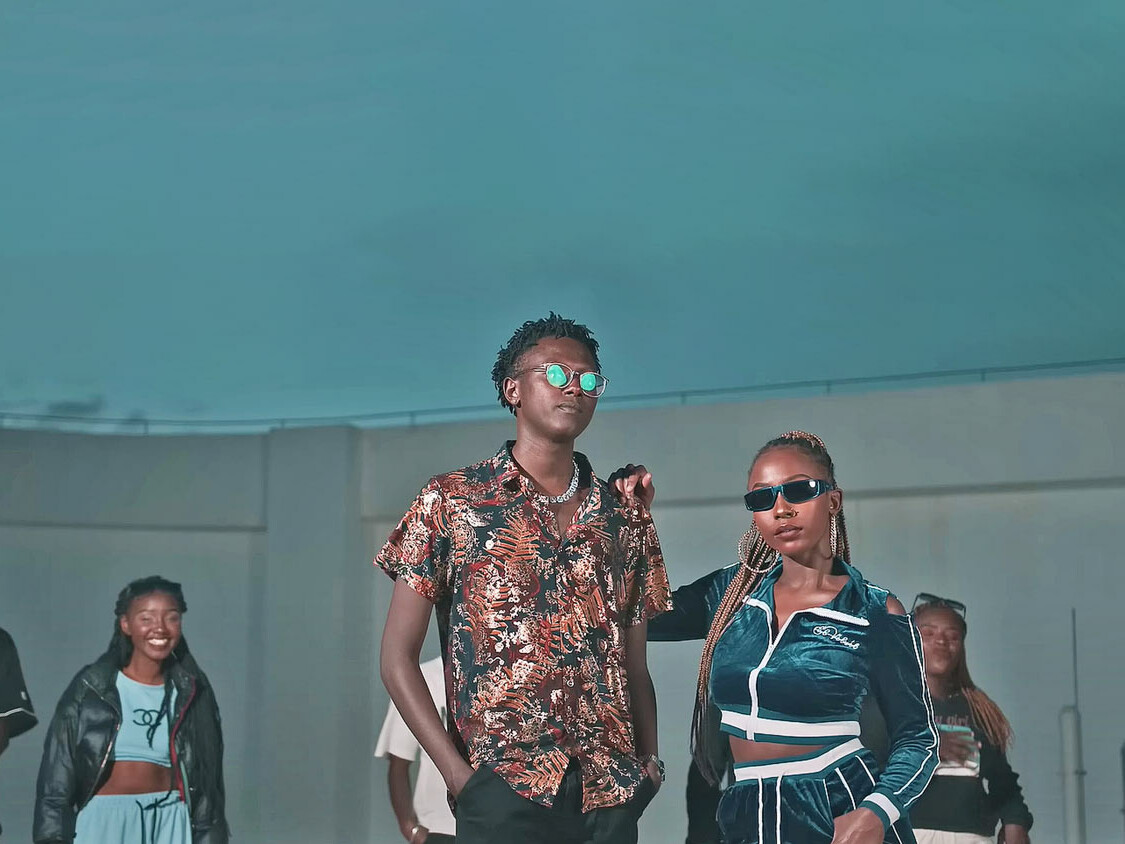The Metaphysics of Music
It is quite idyllic and perhaps heartwarming, how music has the ability to filter through a mother’s womb and attach itself to fetal memory. In some of us, our first encounter with music was as early as gestation. Feelings of warmth, tenderness and affection are evoked in us whenever we re-encounter the gentle lulls that soothed our infant selves to sleep. To date, some of those juvenile lullabies bring about a fleeting sense of calm in the storm to adults.
In the American Sitcom The Big Bang Theory there’s a breakout character by the name of Sheldon Cooper who is a brilliant senior theoretical physicist at The California Institute of Technology (Caltech). He’s kind of a genius. His persona is depicted to be particularly fond of a song his mother used to sing to him as a child whenever he was under the weather. Anytime he gets unwell as an adult, he still asks his caregiver to recite this tune to him. The number works like a charm as it seems to give him a grounding sense of reassurance every time it is sung to him.

Music is a metaphysical experience. It transcends time, space, emotion, dialect, culture and any other concept of human making. In its purest form, it triggers a psychic resonance to the soul. It is an embodiment of spirituality. All that is material and mystical intertwine into synchrony through music.
A true wonder of nature.
After Music, All Art Follows
Music is a versatile art form that lends itself well to human complexities. Various elements of music elevate art forms besides itself such as poetry, oral literature, theatre and cinema. One attains a higher feel of the art that has fraternized with music. The grounds for this are that music is tuned to energy. It does not impose itself on anyone. It appeals to your vibe, whichever it may be.
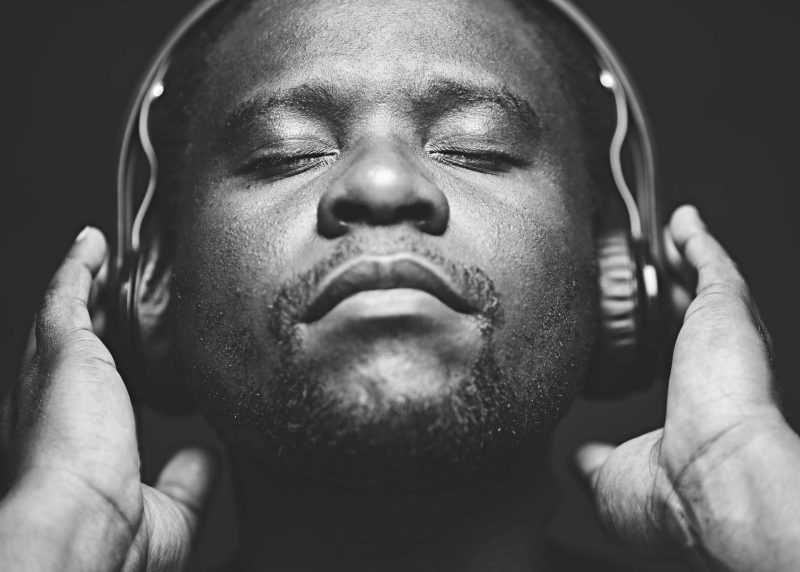
Music in Africa
When the white settlers came to Africa, they decided that native African music was unrefined, immoral, and deficient in musical brilliance. And so even as they plundered and built railways, they also looked down upon indigenous cultures. Music, moreso, played an important role in traditional African societies. The people danced when they had bumper harvests. They sang when new life was brought forth. They chanted and wailed in rhythm when terrible things happened. Music was at the center of life.
Rhumba ni ya Wazee
When the imperial masters decided African music was not appealing, the industry received less and less funding and investment as time went by. To become a musician, you would need to have the conviction of a monk in your decision. You see, without that conviction, you would quit within a month. There would be no artistic support from your stakeholders. And neither would you receive financial support. You would find a government that offers nothing but nothing. It would be an uphill task, to say the least. To the reader’s dismay, this notion was further perpetuated by our missionary-educated brothers and sisters. They, too, began associating Western music with forward thinking & sophistication. African music, with a forgotten past.
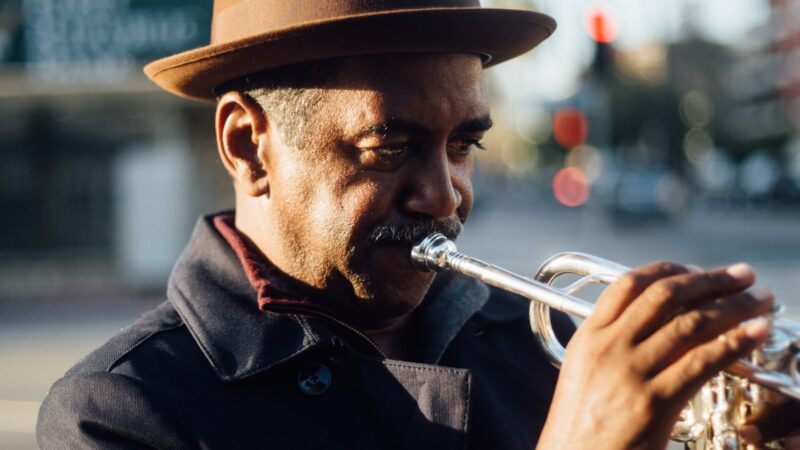
African Music as a Weapon
Acculturation was a major milestone in the grand scheme of colonization. Europeans sought to establish a single heritage that enjoyed superiority over all. Any cultural representation outside of the European kind was labelled exotic and was only condoned in tokenistic proportions. Art is a prominent threshold of culture. The need for the colonial government to disenfranchise indigenous African music was felt strongly. The idea was to rob the continent of her cultural identity and erase it from the minds of the people. In return, they would replace it with their own.
The British colonialists used brutal cultural repression and made it a point to purge the locals of their musical heritage. It was widely thought that music could be used as a tool to incite rebellion. The colonialists had complete control of mass media and schools. They used these means to distort and crush the nation’s culture and history. All with a goal to suppress patriotic feelings. Missionaries were equally against indigenous music because they were used in non-Christian religious rites. The banning of local instruments including the Ghanaian Akan Drum, the Zimbabwean Mbira and the Mũtũrĩrũ of the Agĩkũyũ people in Kenya is proof of colonial intolerance towards African music.
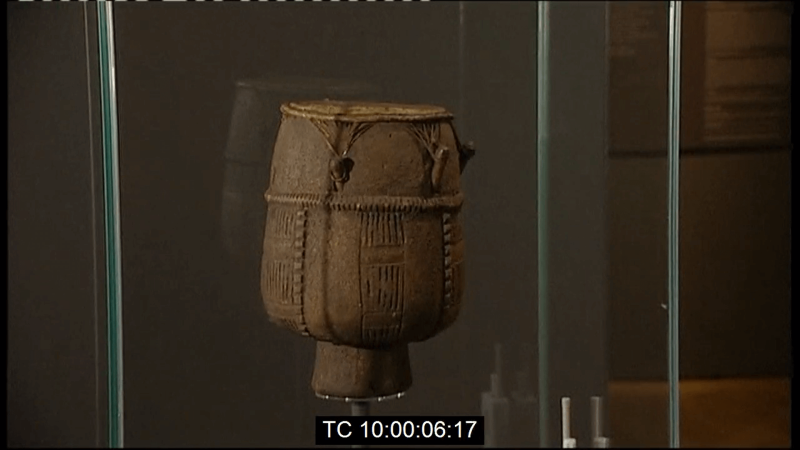
Negro Spirituals
The diverse genres of folk music across Africa are valuable and merit study as they, too, represent customary manifestations of the people’s spiritual and creative qualities. Africans did not consume music and rhythm casually; rather, they were an essential component of our daily approach to life. Whatever anguish we went through was greatly enhanced by melody and rhymes. The so-called “Negro Spirituals” recited by black slaves in the United States whilst enduring the harrowing conditions of slavery were a reflection of their descent. It was a sustenance kit of sorts which kept their hope alive that brighter days were still to come. That music carried them through the pain and suffering they persevered through whilst attempting to preserve their ancestry in a foreign land.

African Music in the Age of Globalization
African renaissance is the brainchild of multiple African scholars, activists and liberators. Notably, South Africa is the motherland of two such minds that outstandingly contributed to the course. These are anti-apartheid activist Bantu Steve Biko and Former South African President Thabo Mbeki.
Biko launched the Black Consciousness Movement which helped many black people feel emboldened and engaged many black people in South Africa and across the world. His catchphrase, “Black is beautiful,” earned him a reputation. Black Consciousness became an approach to life and a way of living. It became a call to action for the African plight.
Mbeki envisaged an African free in the mind. To this effect, he interwove the African Renaissance into the core of his political philosophy. On May 8, 1996, he addressed the South African Constitutional Assembly with a speech titled “I Am an African”. He appealed for a Renaissance on an emotive, intellectual, and governmental level, spearheading the call for rebirth. He, additionally, explained that the rediscovery of our souls is the start of our continent’s regeneration.
African Renaissance through Music
Africa has been undergoing a rebirth. She is reasserting her cultural integrity to the world- and music is championing this movement. The mass uptake of Afrocentric music globally is testimony to this. Non-casual music listeners confirm that songs of African descent are having a moment. Social media networks have truly provided the necessary infrastructure for the widespread dissemination of our music.
The renaissance of African music is a rediscovery of the people’s free spirit, their adeptness at creativity, and their confidence to exist and to enjoy life in full. It is a conscious revolution that not only links itself with the natural world but also to Deity. We are using music to heal our past and to decry the implied inferiority of our ways. To the world, we are expressing our essence as a people and celebrating our heritage. We are addressing historical inequalities whilst entertaining ourselves.

The new-age African music aims to portray the continent as a region of sovereignty and opportunity, foreshadowing the emergence of the pro-Afro movement. Slowly and surely, music is restoring the pride of Africans in themselves as it continues to garner respect for its people from the world. It paints a picture of the continent that is outside the ravages of poverty, hunger and colonialism. It conveys the hope and perseverance of Africa, a region previously dubbed “The Dark Continent”.
See you in the next edition of this multi-part series!
Shalom Kendi Mbae
A Writer. A Pan-African. A Conversationalist.
Words are to me what numbers are to a mathematician.
This little light of mine, I'm going to let it shine.


